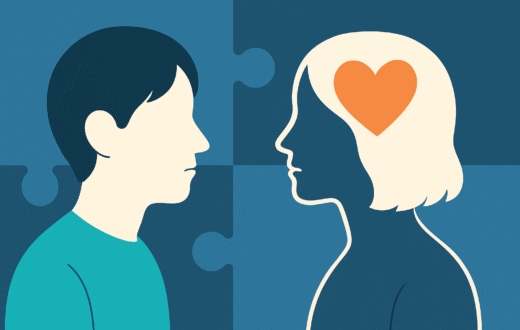Why Many People Stay Silent About Parkinson’s — And What That Silence Costs

“You don’t look sick.”
It’s a phrase many people with Parkinson’s disease (PD) hear after finally opening up about their diagnosis, often months or even years after they’ve been living with it. At first, it’s common to share the news only with close family, a neurologist, or perhaps a trusted friend. But Parkinson’s doesn’t stay hidden forever. A slight tremor shows up at lunch. The voice softens. A once-expressive face seems still in photos.
Parkinson’s Isn’t Just Physical — It’s Deeply Personal
Parkinson’s affects far more than what’s visible. While most people associate it with tremors, the disease slowly alters speech, movement, facial expression, and connection. Behind these changes is a decline in dopamine, a chemical critical for both physical motion and emotional expression. As the condition progresses, so do the misunderstandings. A stiff expression may be misread as disinterest. A quiet tone might seem uncertain. And those misperceptions often become harder to correct than the symptoms themselves.
So why do so many people choose to stay quiet? Research and real-life experiences point to a handful of deeply human reasons.
Five Common Reasons People Don’t Disclose Their Parkinson’s Diagnosis
- Fear of Being Misunderstood
The early symptoms can mimic anxiety, irritability, or aloofness. A tremor might look like nervousness. A rigid face might seem angry or detached. Staying silent can delay the assumptions and snap judgments that come with being visibly “different.” - Holding Onto Dignity
There’s a fine line between empathy and pity, and for many, pity feels far worse. Sharing a diagnosis can shift how people see you, from a peer or professional to someone fragile. Silence can feel like a way to hold on to normalcy just a bit longer. - Protecting Work and Income
Even in supportive environments, disclosure can lead to subtle shifts. People may unintentionally lower expectations, take responsibilities away, or make assumptions. Many choose to wait until job security is in place before opening up, seeing silence as a temporary safeguard. - Giving Family Time to Adjust
Disclosure doesn’t just affect the person diagnosed—it can shift dynamics in a family overnight. Parents may delay telling their children. Spouses may hold off to preserve the relationship before roles begin to change. Sometimes silence buys time to prepare emotionally. - Cultural Views on Illness
In some communities, especially in Asian, Middle Eastern, or Latinx cultures, illness is considered private. There can be shame not just for the individual but for the whole family. In these contexts, disclosure is not just a personal decision—it’s a cultural negotiation.
The Emotional Weight of Silence
While staying quiet might feel like a form of self-preservation, it often comes with hidden costs. People who conceal their diagnosis are more likely to feel isolated, delay care, and struggle with mental health. Stigma, whether real or anticipated, can worsen depression and anxiety and lead to withdrawal from work, relationships, and even physical activity. Over time, this isolation can impact both quality of life and health outcomes.
Understanding Builds Space for Honesty
When the public misunderstands a condition, those affected often feel that silence is safer than trying to explain. But understanding changes everything. The more we educate ourselves about Parkinson’s, the more we listen, observe, and question our assumptions, the fewer people will feel the need to hide.
Because ultimately, a tremor is not shameful. A soft voice doesn’t mean weakness. And being seen for who you are, not just what people notice, can be one of the most powerful forms of support.




